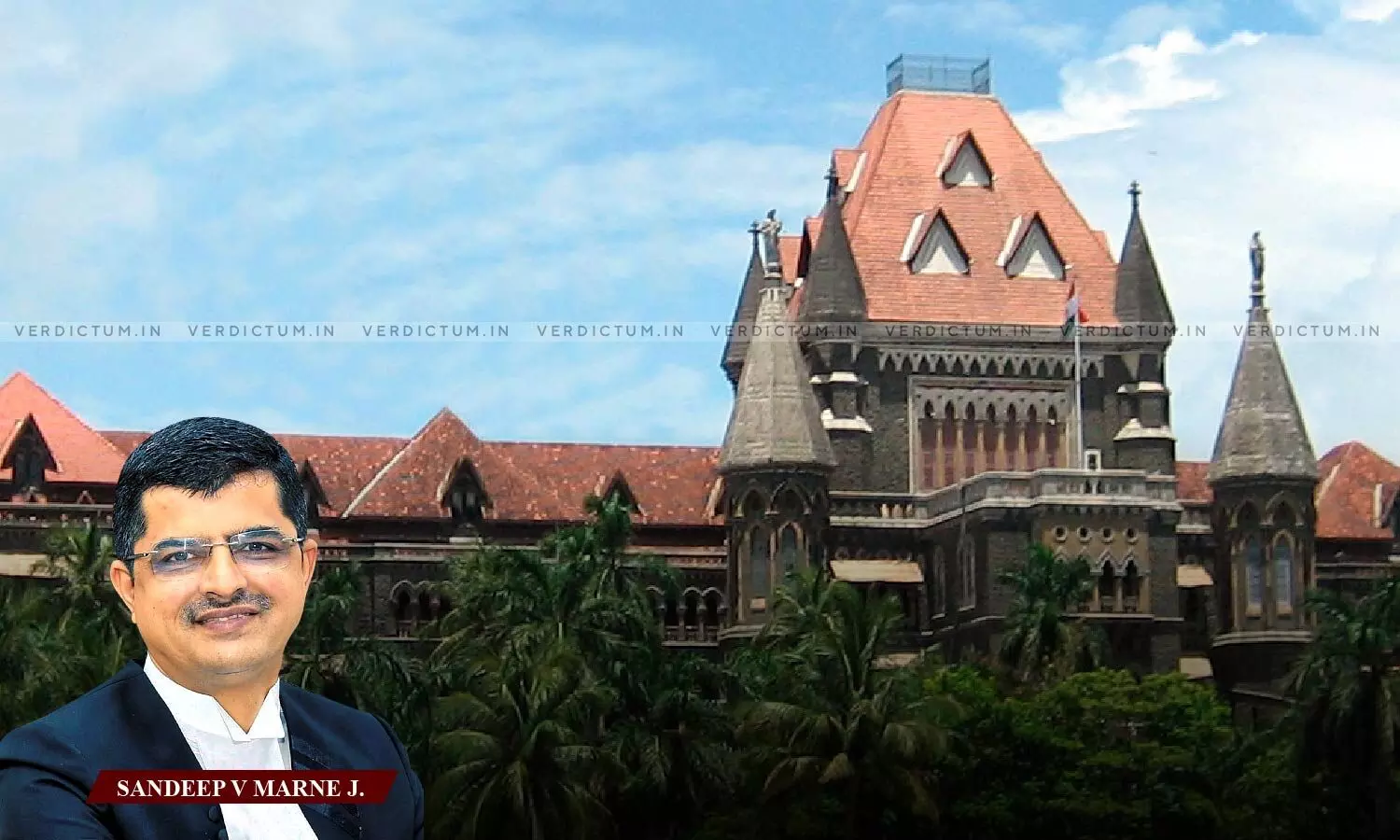
Liability Entries in Company's Balance Sheet Do Not Constitute an 'Agreement' U/S 4(5) of the Payment of Gratuity Act: Bombay HC
 |
|The Bombay High Court has held that an entry in the liability column of a company's balance sheet does not constitute an 'agreement' between the company and its directors under Section 4(5) of the Payment of Gratuity Act.
In that context, the Bench of Justice Sandeep Marne observed that, "the acknowledgment needs to be about a ‘liability’ in respect of some ‘right’. Therefore mere ‘acknowledgment’ would not be sufficient to prove existence of right and liability arising out of such right must be independently established. In absence of proof of existence of ‘liability in respect of a right’, mere acknowledgement through a balance sheet entry would not amount to creation of such liability... Thus, it cannot be stated that mere reflection of an entry in the liability column of balance sheet would amount to creation of a right which never existed. Such right will have to be independently established either through a transaction or a document in the form of a contract."
The petitioners, who were former promoters and directors of the respondent company, sought payment of gratuity for their services. Their application was rejected by the Controlling Authority/Labour Court, which ruled that the petitioners did not qualify as 'employees' under the Payment of Gratuity Act, 1972, due to their control over the company's affairs. An appeal to the Appellate Authority/Industrial Court was also dismissed. Subsequently, the petitioners appealed to the High Court, arguing that the entries in the Balance Sheet should be treated as an agreement for the payment of gratuity.
The High Court held that there was no underlying document, such as a contract, between the petitioners and the respondent company that established an agreement to pay gratuity. The Court emphasized that for the application of sub-section (5) of Section 4 of the Payment of Gratuity Act, 1972, the existence of a specific agreement or contract must be proven. In this case, apart from the entry in the balance sheet, there was no supporting document indicating that the respondent company had agreed to pay gratuity to the petitioners. The Court stated, "in the absence of any underlying agreement or contract, it cannot be stated that mere entry in the balance sheet would give rise to creation of liability for the First Respondent-Company to pay gratuity under the provisions of sub-section (5) of Section 4 of the Payment of Gratuity Act."
Additionally, the Court observed that during cross-examination, the petitioners admitted that no such agreement or understanding existed. Consequently, the Court held that the mere entry in the balance sheet was not sufficient to prove the existence of a right to gratuity, and without a valid agreement, the petitioners could not claim gratuity from the respondent company.
Cause Title: Anil Govind Ganu vs Innovative Technomics Pvt. Ltd. (Neutral Citation: 2024:BHC-AS:33452)
Click here to read/download the Judgment